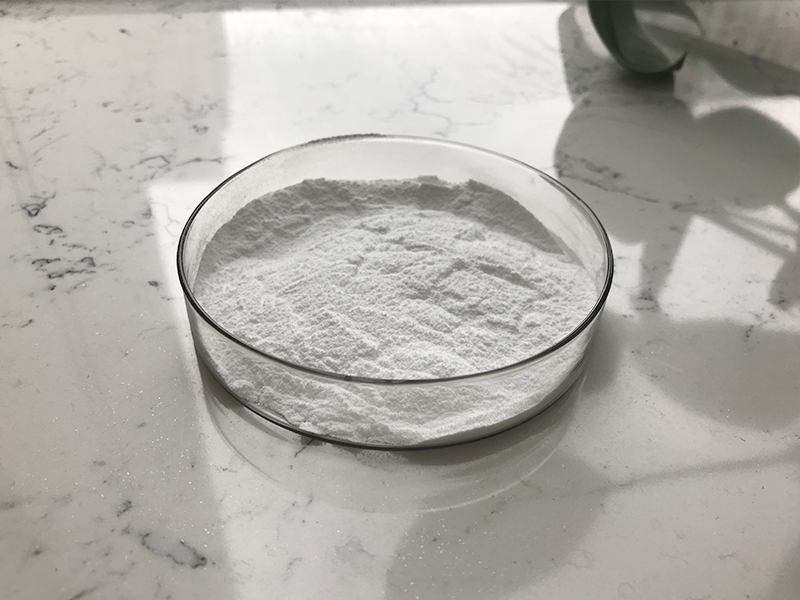Introduction to Hyaluronic Acid
Hyaluronic acid (HA), a staple in the realm of aesthetic medicine, is revered for its remarkable compatibility with the human body. This compatibility, paired with a very low risk of rejection, underscores the high safety profile of this wonder compound. HA is primarily known for its anti-wrinkle, sculpting, and moisturizing effects, making it a sought-after component in various cosmetic procedures.

The Multifaceted Uses of Hyaluronic Acid
People seeking to improve their image, especially those passionate about beauty, are no strangers to hyaluronic acid. From nose jobs and wrinkle reduction to breast augmentation, HA has found its place as a preferred filler in many cosmetic procedures. However, the array of benefits and uses of hyaluronic acid might not be common knowledge. So, what are the benefits and uses of hyaluronic acid?
1. Anti-Wrinkle Properties
One of the primary uses of hyaluronic acid is in wrinkle reduction. By injecting HA into the dermal folds and recesses, the compound stimulates collagen regeneration, combats skin aging, and ultimately helps skin appear younger.
2. Sculpting Abilities
Hyaluronic acid also plays a vital role in sculpting. Upon injection, it increases the volume of subcutaneous tissue, thus creating a filling effect. This stimulation of collagen production and moisture retention in the skin can result in a transformative sculpting effect when injected into the desired areas.
3. Unparalleled Moisturizing Effects
Known for its extraordinary water-retention capabilities, HA’s molecules can carry more than 400 times their weight in water. Thus, injecting it directly into the skin provides an essential source of moisture, effectively hydrating the skin and restoring a youthful glow.
Precautions Before and After Hyaluronic Acid Injection
As with any medical procedure, certain precautions should be observed before and after hyaluronic acid injections.
Before Injection
It is advisable for individuals to avoid taking anti-inflammatory or antiviral medications at least 3-4 days before the procedure. These drugs may exacerbate bleeding and swelling at the injection site. If any medication is being taken, it should be communicated to the doctor beforehand.
After Injection
Post-procedure care is equally important. One should avoid making excessive facial expressions and avoid touching the injection site for at least five hours. Exposing the injected area to water should also be avoided. In addition, it is recommended to abstain from consuming spicy food and seafood for at least three days. Rigorous physical activities and exposure to high-temperature environments should also be avoided for at least seven days following the procedure to prevent rapid decomposition of the injected HA, which could impact the results. Medications that promote blood flow, such as aspirin, should not be taken for three to seven days post-injection.
Conclusion
From its potent anti-aging properties to its role as a volume-enhancer and unrivaled moisturizer, hyaluronic acid truly stands out as a beauty enhancer. As the understanding of this fascinating compound continues to deepen, its vast range of applications in aesthetic medicine is set to expand even further, unlocking new possibilities for human beauty and wellness.
